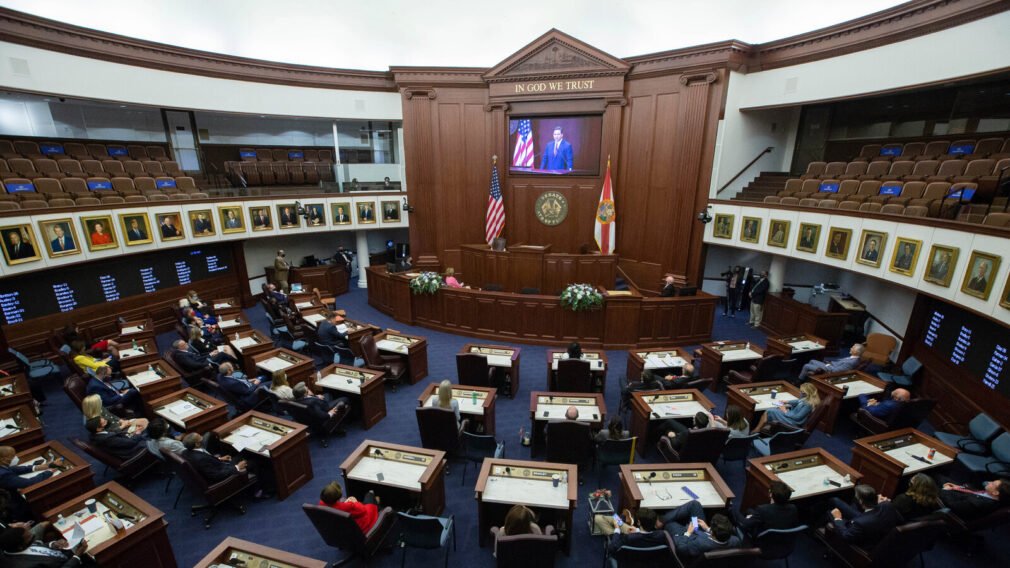Florida Supreme Court Rejects West Flagler’s Gaming Compact Challenge
In a pivotal ruling, the Florida Supreme Court has dismissed a petition from West Flagler Associates, a prominent casino operator, challenging a gaming compact that grants the Seminole Tribe exclusive rights for online wagering in the state.

The compact in question, established in 2021, has been at the center of controversy for including provisions related to online sports betting, which West Flagler argues should be eliminated. The operator’s request to the state’s highest court was to deem the online wagering agreement unconstitutional, contending that it oversteps the bounds of the authority granted to the governor and legislature of Florida.
Legal Grounds for Denial
The Court’s decision to deny the petition for a writ of quo warranto was based on several factors. Primarily, the Court clarified that quo warranto is not the appropriate legal mechanism for challenging the substantive constitutionality of an enacted law. Historically, a writ of quo warranto is applied to examine the legitimacy of an individual’s claim to a public office or a particular privilege that is directly derived from the state, not to contest the constitutionality of legislative actions.
Further complicating West Flagler’s case was the timing of the petition and the omission of the Seminole Tribe as a party to the dispute. The Court highlighted that West Flagler’s delay in seeking relief and the failure to include the Seminole Tribe, who are integral to the compact’s implementation, were significant factors in their decision to deny the petition.
Community and Legal Support for West Flagler
Despite the setback at the Florida Supreme Court, West Flagler has not been without support. Earlier in the month, the Florida Gambling Opponents, a coalition of local businesses and community advocates, submitted an amicus brief in favor of the casino operator’s challenge. The brief criticized the Department of Interior for allegedly neglecting its statutory obligations by endorsing the Seminole Tribe’s compact. Additionally, it highlighted Amendment X, a constitutional amendment passed in 2018 that mandates a statewide vote for any significant expansions in casino gambling, as a basis for contesting the legality of sports betting in Florida.
Prominent attorney Daniel Wallach, along with the Florida Gambling Opponents, has been actively involved in the legal proceedings, presenting arguments against the compact’s provisions on sports betting.
Next Steps for West Flagler
The struggle over the gaming compact extends beyond the state’s borders, with West Flagler seeking redress at the national level. In December, the operator approached the United States Supreme Court with a writ of certiorari, arguing that the compact allows for gaming activities outside tribal lands, contravening the Indian Gaming Regulatory Act. Furthermore, West Flagler retains the option to contest the compact under Amendment 3 in a circuit court.
This amendment vests Florida’s voters with the sole authority to approve casino gambling within the state, offering another potential avenue for challenging the compact.
Our Comment on the Article
The Florida Supreme Court’s decision against West Flagler highlights the complexities and legal intricacies surrounding gaming compacts and online wagering regulations. This ruling not only impacts the immediate stakeholders but also sets a significant precedent for the governance of online gambling rights in Florida. As the debate over the exclusivity of the Seminole Tribe’s online wagering rights continues, the broader implications for the state’s gaming industry and regulatory framework remain under intense scrutiny. This case exemplifies the dynamic interplay between state legislation, federal oversight, and the rights of tribal entities in the ever-evolving landscape of the gambling industry.
Recommended
